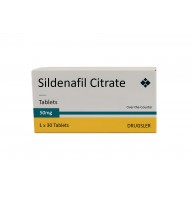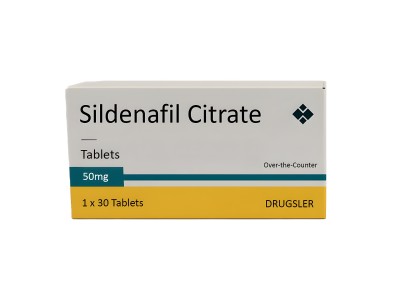Sildenafil should not be taken in certain situations due to the risk of serious side effects or interactions with other medications and health conditions. It's important to avoid sildenafil if any of the following apply:
Nitrate Medications: If you are taking nitrates for chest pain (angina), such as nitroglycerin, isosorbide mononitrate, or isosorbide dinitrate, you should not take sildenafil. The combination can cause a dangerous drop in blood pressure.
Severe Cardiovascular Conditions: Individuals with serious heart conditions, such as severe heart failure, recent heart attack, or unstable angina, should avoid sildenafil. The physical exertion associated with sexual activity could pose a risk.
Severe Liver or Kidney Disease: People with severe liver impairment or end-stage kidney disease may need to avoid sildenafil or use it with caution and under strict medical supervision.
Low Blood Pressure (Hypotension): If you have low blood pressure, taking sildenafil could exacerbate this condition, leading to dizziness, fainting, or even more severe consequences.
Certain Eye Conditions: Those with a rare genetic eye disorder called retinitis pigmentosa or individuals who have experienced non-arteritic anterior ischemic optic neuropathy (NAION), which can cause sudden vision loss, should avoid sildenafil as it can increase the risk of vision problems.
Known Allergies: If you have a known allergy to sildenafil or any of the inactive ingredients in the medication, you should not take it.
Medications for HIV: Some protease inhibitors used for HIV, such as ritonavir, can increase sildenafil levels in the blood, leading to an increased risk of side effects. A healthcare provider should closely monitor and possibly adjust the dose if sildenafil is necessary.
Other Medications: Certain other medications, such as alpha-blockers used for prostate enlargement or high blood pressure, can interact with sildenafil and cause a significant drop in blood pressure. Combining these requires careful management by a healthcare provider.
Always consult with a healthcare provider before starting sildenafil to ensure it is safe based on your individual health profile and any medications you are currently taking. Your doctor can provide tailored advice and determine whether sildenafil is appropriate for you.

